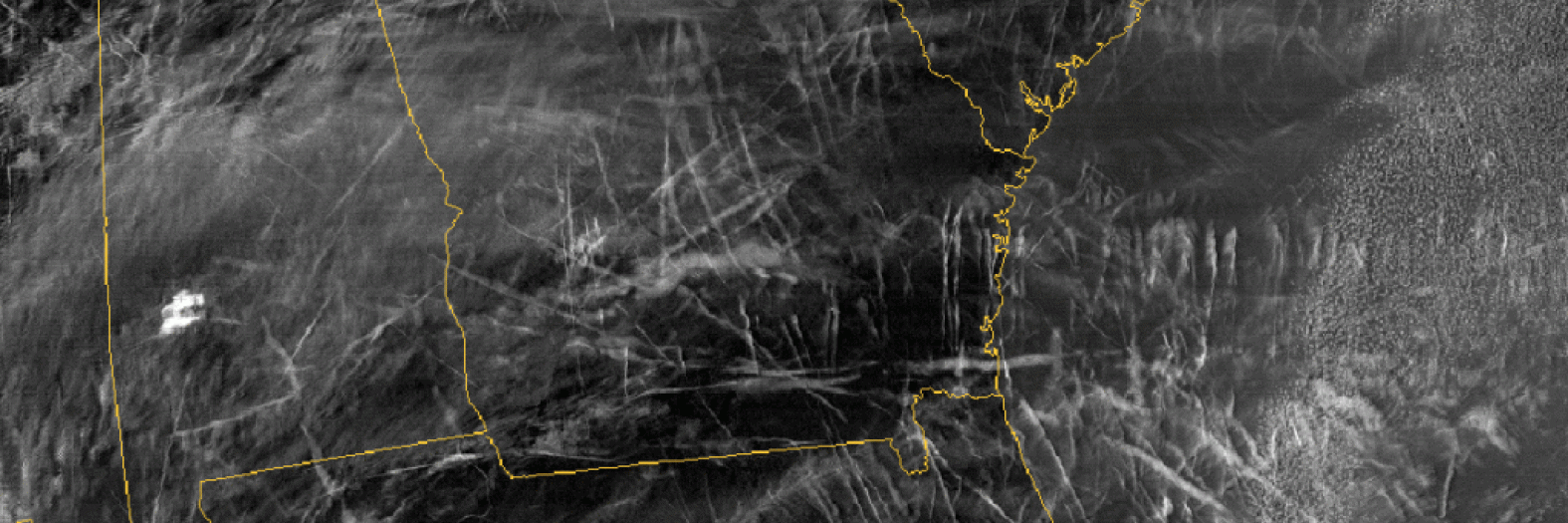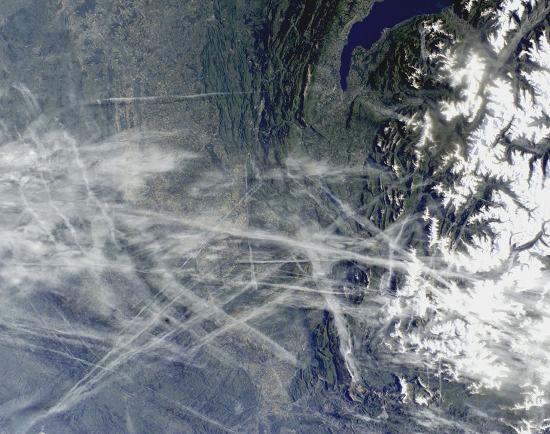ContrailSentinel
Problem & Motivation
Contrails, formed by high-altitude planes under specific atmospheric conditions, significantly contribute to regional and global warming, surpassing the impact of direct carbon dioxide emissions. The consequences of global warming affect billions of people, necessitating effective climate mitigation strategies. Developing an accurate and automated algorithm to identify contrails in satellite images is essential for understanding their behavior, predicting their formation, and reducing their environmental impact.
Data Source & Data Science Approach
To tackle the challenges of identifying contrails, the project utilizes an openly available dataset of 244,400 satellite images from the GOES-16 geostationary satellite. The data science approach involves employing deep learning and computer vision techniques to train a model capable of differentiating contrails from natural clouds. The openly available data source helps alleviate the cost and difficulty of obtaining human-labeled datasets.
Evaluation
The success of the developed algorithm is assessed through rigorous evaluation against ground-truth data and other relevant benchmarks. Metrics like Mean IoU, accuracy, Dice Coeficient are used to measure the algorithm's accuracy in contrail detection. The model is tested on unseen satellite images to ensure its generalizability.
Key Learnings & Impact
The project's impact is far-reaching. Accurate contrail detection allows researchers, meteorological agencies, and aviation authorities to better understand contrail behavior and their contribution to climate change. By facilitating the validation of contrail prediction models, this project contributes to ongoing efforts in analytics and software development aimed at reducing contrail formation. Addressing the contrail problem presents a significant commercial opportunity, as airlines and aircraft manufacturers can adopt contrail avoidance strategies that are cost-effective and align with climate-conscious practices.
Acknowledgements
The project's success is a collaborative effort involving a consortium of Capstone professors and ContrailSentinel project teammates. We extend our heartfelt gratitude to Professors Alberto Todeschini and Joyce Shen for their unwavering guidance and invaluable feedback that illuminated our path throughout this journey. Our sincere appreciation goes to the esteemed experts whose insights enriched our project - Dr. Sanjay Krishnan, Assistant Professor of Computer Science at the University of Chicago, and Dr. Namrata Anand, CEO of Diffuse Bio. Special thanks are due to Mary Green (Tazzie) for her generous advice on harnessing the capabilities of Google Earth Engine, which greatly enhanced our project's execution.











